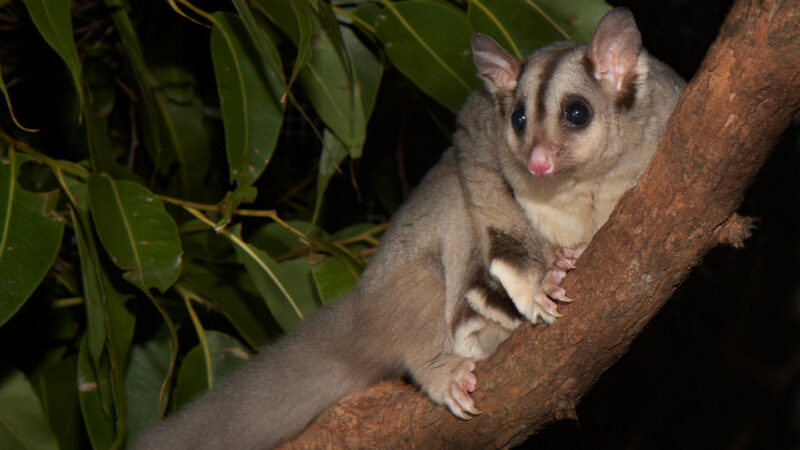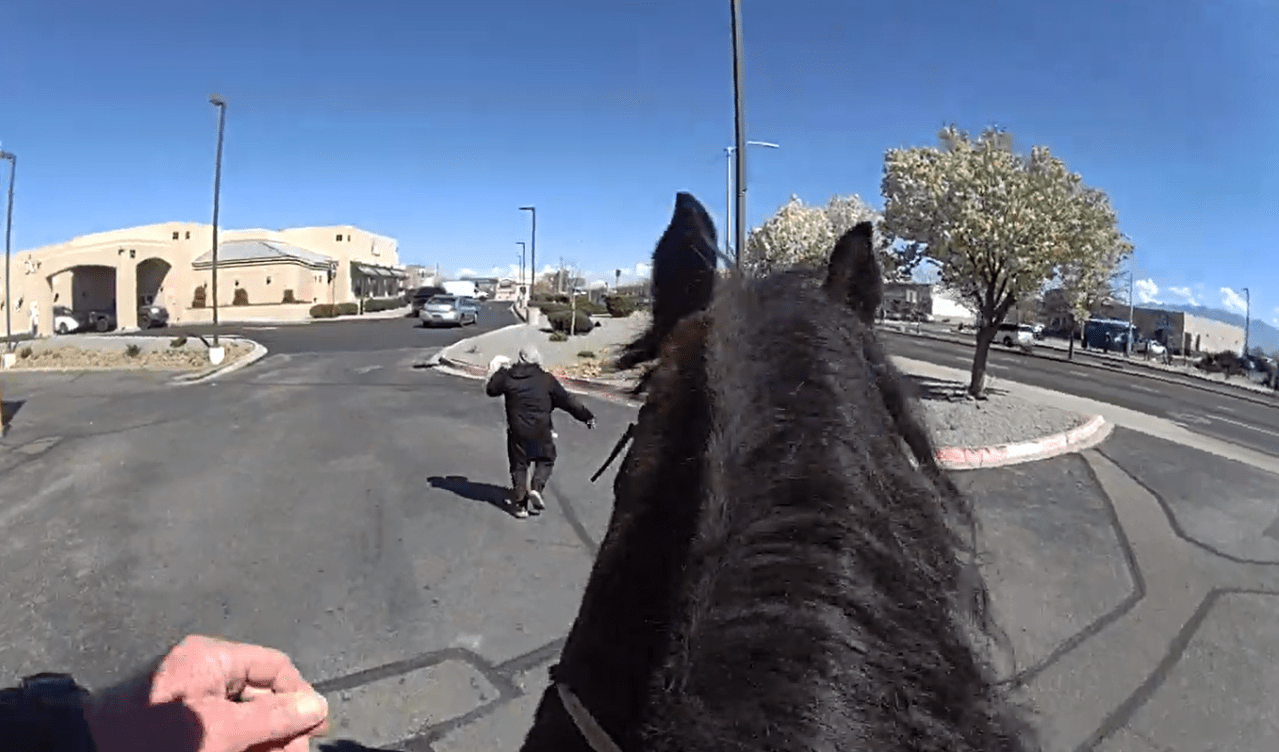
algorithm: A group of rules or procedures for solving a problem in a series of steps. Algorithms are used in mathematics and computer programs to find solutions.
average: (in science) a term for the arithmetic mean, which is the sum of a group of numbers which is then divided by the size of the group.
behavior: the way something, often a person or other organism, acts or conducts itself toward others.
Information: Data and/or statistics collected together for analysis but not necessarily organized in a way that gives them meaning. For digital data (the type stored by computers), these data are usually numbers stored in a binary code, represented as a string of zeros and ones.
daily: an adjective for some activity done during the day or some organism active during the day.
environmentalist: A scientist who works in a branch of biology that deals with the relationships of organisms to each other and to their physical environment.
endangered: An adjective used to describe an endangered species.
the family: A classification consisting of at least one genus of organisms.
guess: (v. hypothesize) a proposed explanation for an event. In science, a hypothesis is an idea that must be rigorously tested before being accepted or rejected.
Journal: (in science) a publication in which scientists share the results of their research with experts (and sometimes even with the public). Some journals publish papers from all areas of science, technology, engineering, and mathematics, while others are specific to a single topic. Peer-reviewed journals are the gold standard: they send all submitted articles to outside experts to read and critique. The goal, here, is to prevent mistakes, forgeries or the publication of work that does not appear novel or credible.
Lemur: Any of many primate species with a cat-shaped body and usually a long tail. They evolved long ago in Africa, then moved to what is now Madagascar before the island separated from the east coast of Africa. Today, all wild lemurs (33 species of them) live only on the island of Madagascar.
organ: (in anatomy) an arm or leg.
Machine learning: A technique in computer science that allows computers to learn from examples or experience. Machine learning is the basis of some forms of artificial intelligence (AI). For example, a machine-learning system could compare X-rays of lung tissue from people with cancer and then compare how long a patient lived after being given a particular treatment. In the future, that AI system may be able to look at new patient lung scans and predict how well they’ll respond to a treatment.
mammal: A warm-blooded animal distinguished by hair or fur, secretion of milk by females to feed their young, and (usually) birth of live young.
Marsupial: A type of mammal that is carried in an external pouch for some time after birth. There developing babies have access to their mother’s nipples and milk. Most of these species evolved in the Australian region and have particularly long hind legs. Examples of marsupials include kangaroos, opossums, and koalas.
nocturnal: adjective of something that happens, happening or active at night.
hunter: (adjective: predator) An animal that hunts other animals for most or all of its food.
sensor: A device that collects information about physical or chemical conditions — such as temperature, barometric pressure, salinity, humidity, pH, light intensity, or radiation — and stores or transmits that information. Scientists and engineers often rely on sensors that may change over time or that are far away from what a researcher can directly measure to inform them.
the species: A group of similar organisms capable of producing offspring that can survive and reproduce.
zoology: The study of animals and their habitats. Scientists who do this work are known as zoologists.
















